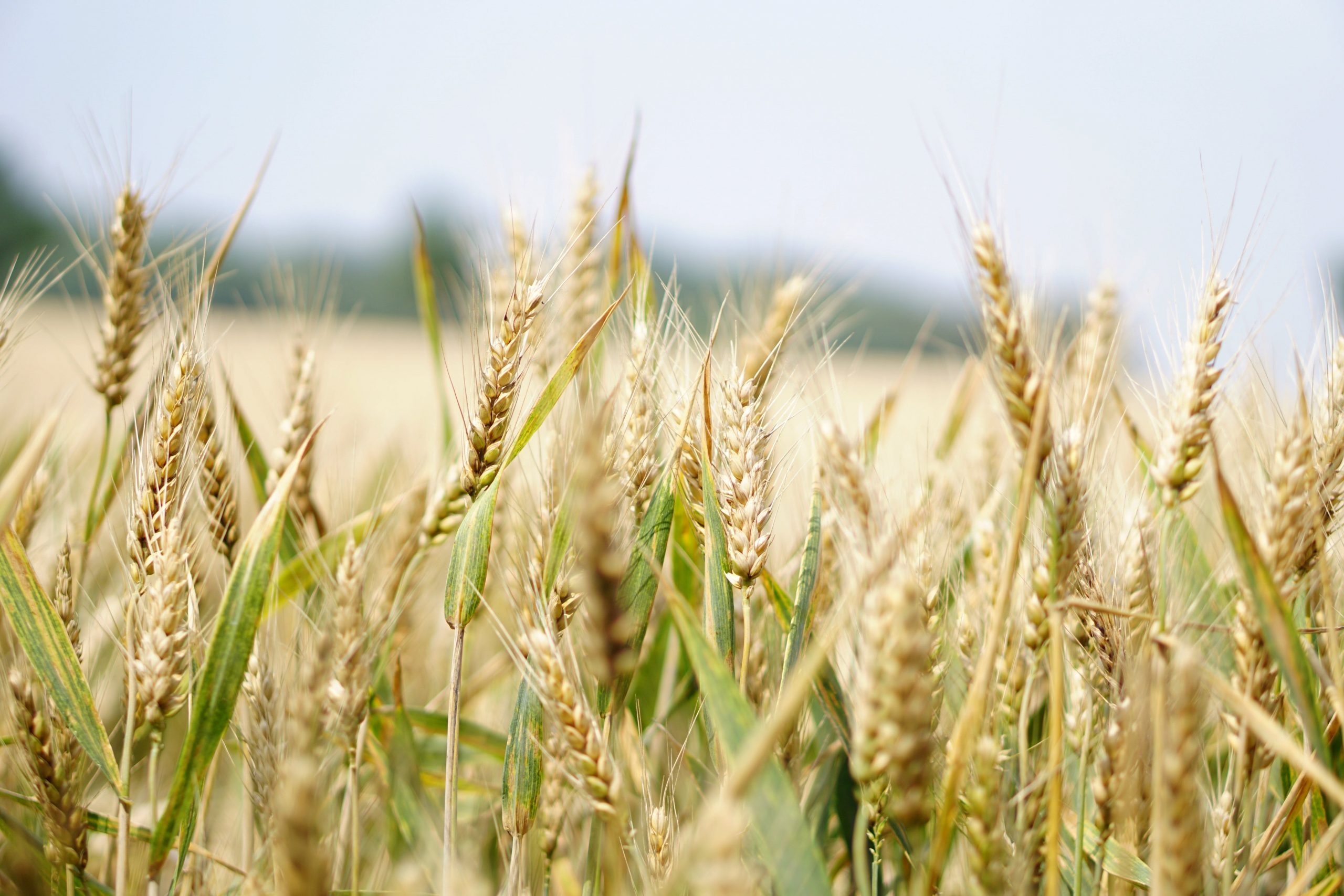As the global community faces the challenges of climate change, resource depletion, and population growth, the agricultural sector is at the forefront of finding sustainable solutions to increase its resilience while continuing to secure its food supply. Bio-based materials, derived from renewable resources such as crops and biomass, are emerging as a transformative force in the agricultural landscape, for sustainable development of the sector, capable of increasing the efficiency of the resources used and the prosperity of rural communities.
The recovery and valorisation of these materials follow the principles of the circular economy model, aimed at minimising resource waste, contributing to a more resilient economic paradigm. All of this helps reduce the carbon footprint compared to conventional materials, mitigating the environmental impact associated with resource extraction and the production of petroleum-based materials, supporting the agricultural sector and enabling it to play a key role in climate change mitigation. This raw material production approach is decentralised and can also improve the resilience of local development models.
Bio-based materials are emerging sectors that have received a significant boost with the “next generation EU” fund; their expansion will create new job opportunities and stimulate local economies. At a global level, bio-based materials are aligned with many Sustainable Development Goals (SDGs of the United Nations Agenda 2030), of which SDG8, SDG9, SDG11, SDG13, SDG14, and SDG15.
On the other hand, from the perspective of the “Next Generation EU” policies, in particular, the “Farm-to-Fork” and “Soil Health” strategies, bio-based materials have a fundamental role as they often contain a high organic matrix which, returned to the soil, acts positively on its health, improving fertility.
To accompany this transformation, TIMAC AGRO Italia has opened a line of research dedicated to the circular economy since 2015, for the recovery and valorisation of nutrients from different types of waste on Italian territory. This strategic position supports the company in aligning its activities to UN SDGs. This commitment has launched a series of research projects in collaboration with various centres of excellence and universities, generating self-development and growth opportunities (scholarships, internships, research grants, etc.) for young people, also responding to SDG4 of the UN Agenda 2030.
In this context we place the recent participation of TIMAC AGRO in the PHOSTER project (recovery of phosphorus and magnesium from waste streams for the production of high-value renewable fertilisers), coordinated by the Polytechnic University of Milan and carried out within the framework of an international consortium (Italian, Spanish and Slovenian partners), financed from the ERAMIN3 programme, a global, pan-European network, co-funded by research funding organisations and supported by the Horizon programme from the European Union.
The project was initiated to provide a sustainable circular economy solution for recovering secondary minerals and metals from sludge and wastewater by-products in the mining industry to replace critical raw materials such as phosphorus and magnesium, virgin raw materials used in fertiliser production. In its third year, the project managed to supply the secondary raw material that TIMAC AGRO Italia Ltd is analysing with the aim of verifying its quality, which should comply with the new regulation (EU) 2019/1009, which establishes standards relating to fertilising products of the EU. The last phase will consist of a Life Cycle Assessment (LCA) to compare this material with conventional ones.
In summary, bio-based materials have immense potential to transform the agricultural sector, which suffers from climate and market uncertainties more than all others. Their adoption is an environmental imperative and a strategic step towards building resilient and diversified economies. With strategic investments, supportive policies and collaborative efforts, integrating bio-based materials can chart a path towards a more sustainable agricultural practice. To reach this level of maturity, the following challenges would need to be overcome:
- Political support and market development: government policies in EU countries must be accompanied by the updating of regulations and their implementation and must incentivise the production and use of bio-based materials for the growth of the sector. Furthermore, market development efforts are needed to create demand and secure their positioning.
- Development of infrastructure and supply chains: the infrastructure for producing, processing and distributing bio-based materials is still in its infancy. Building a solid supply chain that connects supply and demand is essential to ensure the availability and accessibility of these materials on a European and global scale.
- Perception and awareness: at the same time, society must be educated to overcome scepticism and promote awareness among farmers, consumers, businesses and politicians. Many still perceive bio-based materials as experimental or futuristic: changing this perception is vital for their widespread acceptance.









Show Comments